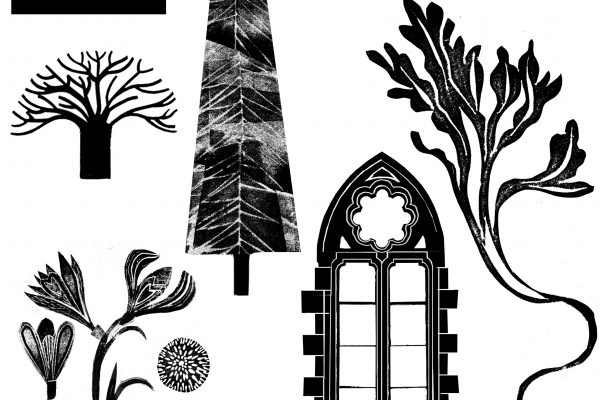Anne Brown Essay Prize Shortlist

Today, we are delighted to announce the finalists for the inaugural Anne Brown Essay Prize, delivered by Wigtown Book Festival in association with BBC Radio Scotland.
The new £1,500 prize celebrates the best recent literary essay by a writer in or from Scotland and rewards precise writing, original thinking, curiosity and creative approaches to non-fiction.
The eight-strong shortlist brings together an array of established and emerging talents from the worlds of fiction, non-fiction, poetry and journalism. Subjects addressed range from parental loss and racial violence, to climate change, family secrets and Covid.
The 2021 judges are: BBC broadcaster Sally Magnusson; Julie Danskin, editor of Extra Teeth magazine; Larissa MacFarquhar of The New Yorker; and Melanie Ramdarshan Bold, Senior Lecturer in Children’s Literature and Literacies at the University of Glasgow.
The winner will be announced at an event at Wigtown Book Festival on Sunday 26 September (4pm). In addition to the cash award, the winner will also receive a specially created sculpture by award-winning artist Astrid Jaekel.
The Anne Brown Essay Prize has been created in memory of Anne Brown (1942-2021), former chair of Wigtown Book Festival, who was also a much-loved senior BBC Radio producer. It is generously supported by Anne’s children, Jo and Richard.
Biographies of the eight shortlisted writers and notes on their entries are included in the attached information sheet. The 2021 shortlist is:
- Polly Clark: Even After Everything
- Dani Garavelli: The Bequest
- Katie Goh: Oranges
- Patrick Laurie: Peat
- Victoria Mackenzie: I Am a Plant
- Sonali Misra: Dear Sonali
- Jemma Neville: Away with the Birds
- Chitra Ramaswamy: Three Meditations on Absence in Nature and Life.
Adrian Turpin, artistic director of Wigtown Book Festival, says: “Whittling down the entries has been exceptionally difficult for the judges and has already seen some hard choices.
“We have been thrilled by the response to the prize which fills an important gap in Scotland’s literary landscape. The essay is one of the most vital and inventive literary forms. A good essay has the power to express things that even fiction, long-form non-fiction and journalism can’t.”